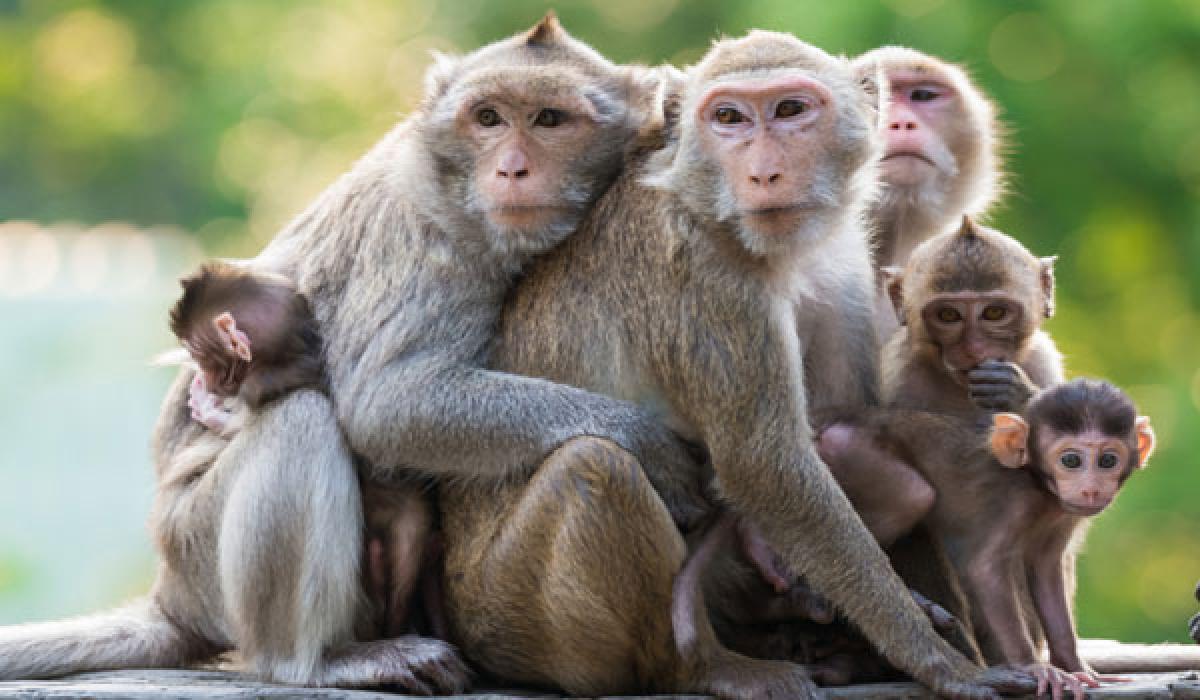Live
- Will govt crack whip on big rice millers?
- Parachute Review: Beyond the Strict Exterior
- Drug Party Busted in Hotel; Four Arrested, Including Choreographer
- Workshop held on photography
- Only 60-70 Maoists active in Odisha: BSF
- Worms Found in Prasadam at Komuravelli Temple
- I am sidelined in party, says Jaynarayan
- Crude oil reserve project was delayed: Himanshu
- MLA Srihari Accuses RS Praveen Kumar of Causing Gurukul Food Poisoning
- Quiet Quitting: The new HR challenge
Just In

Large families and strong social ties help monkeys to live longer, new research has said.The findings showed that female rhesus macaques with many close female relatives have better life expectancy and each extra female relative reduced a prime-aged female macaque\'s chances of dying in one year by 2.3 per cent.
London : Large families and strong social ties help monkeys to live longer, new research has said.The findings showed that female rhesus macaques with many close female relatives have better life expectancy and each extra female relative reduced a prime-aged female macaque's chances of dying in one year by 2.3 per cent.
"Our study supports the idea that social ties promote survival. This adds to a small but growing body of research that helps to explain why animals are social," said Lauren Brent from the University of Exeter.Macaques spend a lot of time interacting with one another. Being groomed helps rid them of parasites, while being aggressive helps establish their place in the social order.
However, the effect fades with age -- suggesting older females learn how to "navigate the social landscape" and have less need for social ties, the researchers said."One possible explanation for this is that older females behave differently from their younger counterparts," Brent noted."Older females were still involved in society but seemed better able to pick and choose their involvement. The experience and social skills females gain with age could mean they no longer need to rely on help from their friends to get by," he said.
For the study, reported in the journal Proceedings of the Royal Society B, the team used a large dataset spanning 21 years and including 910 adult female rhesus macaques in Puerto Rico.Brent said such research could be "hugely important in understanding humans", as both humans and macaques last shared a common ancestor about 25 million years ago.

© 2024 Hyderabad Media House Limited/The Hans India. All rights reserved. Powered by hocalwire.com







